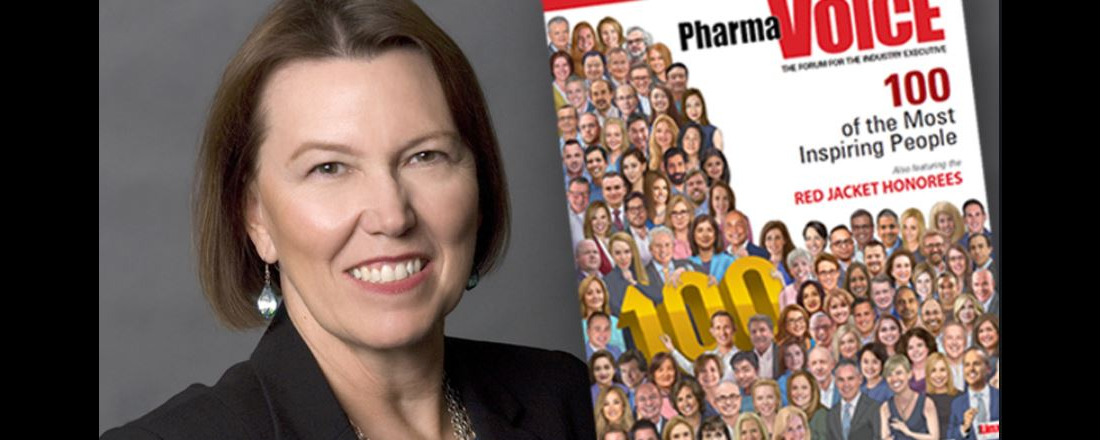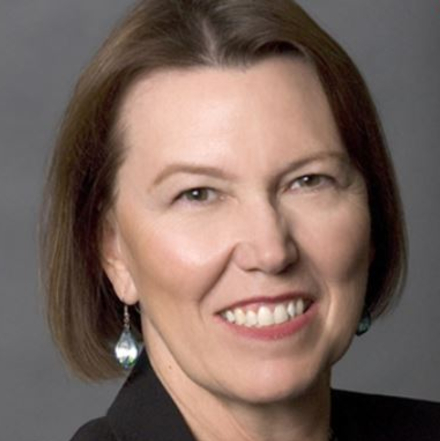
In the News
Dr. Mary Pittman, Putting Public Health First
- PharmaVOICE

PharmaVoice magazine has named PHI President and CEO Dr. Mary Pittman as one of the “Top 100 of the Most Inspiring People in Health”
From community advocacy work in New York to working with under-served patients in San Francisco to now running PHI, Dr. Pittman is always thinking ahead about how to help patients and communities who have been disadvantaged to have a stronger voice and more power by inclusion and growing new leaders.
Dr. Pittman took the role as PHI’s President and CEO in 2008, becoming the organization’s second-only leader since its founding in 1964. Her focus at PHI has been on strengthening the strategic and organizational structure and leading PHI in its role as an influential voice in health practice and policy.
In all of PHI’s programs, Dr. Pittman advocates for an approach that addresses health disparities and inequities with a focus on the social determinants of health. Under her leadership, PHI emphasized support for the Affordable Care Act, the Prevention and Public Health Fund, the integration of new technologies and the expansion of global health programming.

"What I'm most passionate about and most known for is the work that I've done for many years in building healthy and resilient communities and forging the intersection between community health and prevention and healthcare and how to move up stream to deal with the root causes of disease."Dr. Mary Pittman
Top 100 Most Inspiring People in Health
Dr. Pittman sees strong connections between the investments in public health infrastructure, such as safe places for children to play, clean water sources, and access to healthy food as central to public health and the health status of vulnerable communities.
One career highlight she is most proud of are the programs PHI is executing to address the issues of climate and health. “We are lifting those discussions up to have climate change recognized as a critical public health issue.”
This year, with the COVID-19 crisis her work is especially important. She has been working on plans for pandemics for decades and this year she is ensuring public health agenices are as prepared as possible. She is a big thinker and is always decades ahead in determining how to best be prepared to handle all possible health crises.
Her focus is on public health as a key player in change, but she says that change will not come from public health alone.
“What’s needed is a partnership between the private sector, businesses, the nonprofit sector and government. Each has a critical role to maintain strong social, economic and vital systems for a healthy society.” Dr. Mary Pittman, PHI.
Click below to read the full story in PharmaVOICE.
Originally published by PharmaVOICE
More Updates
Work With Us
You change the world. We do the rest. Explore fiscal sponsorship at PHI.
Support Us
Together, we can accelerate our response to public health’s most critical issues.
Find Employment
Begin your career at the Public Health Institute.



